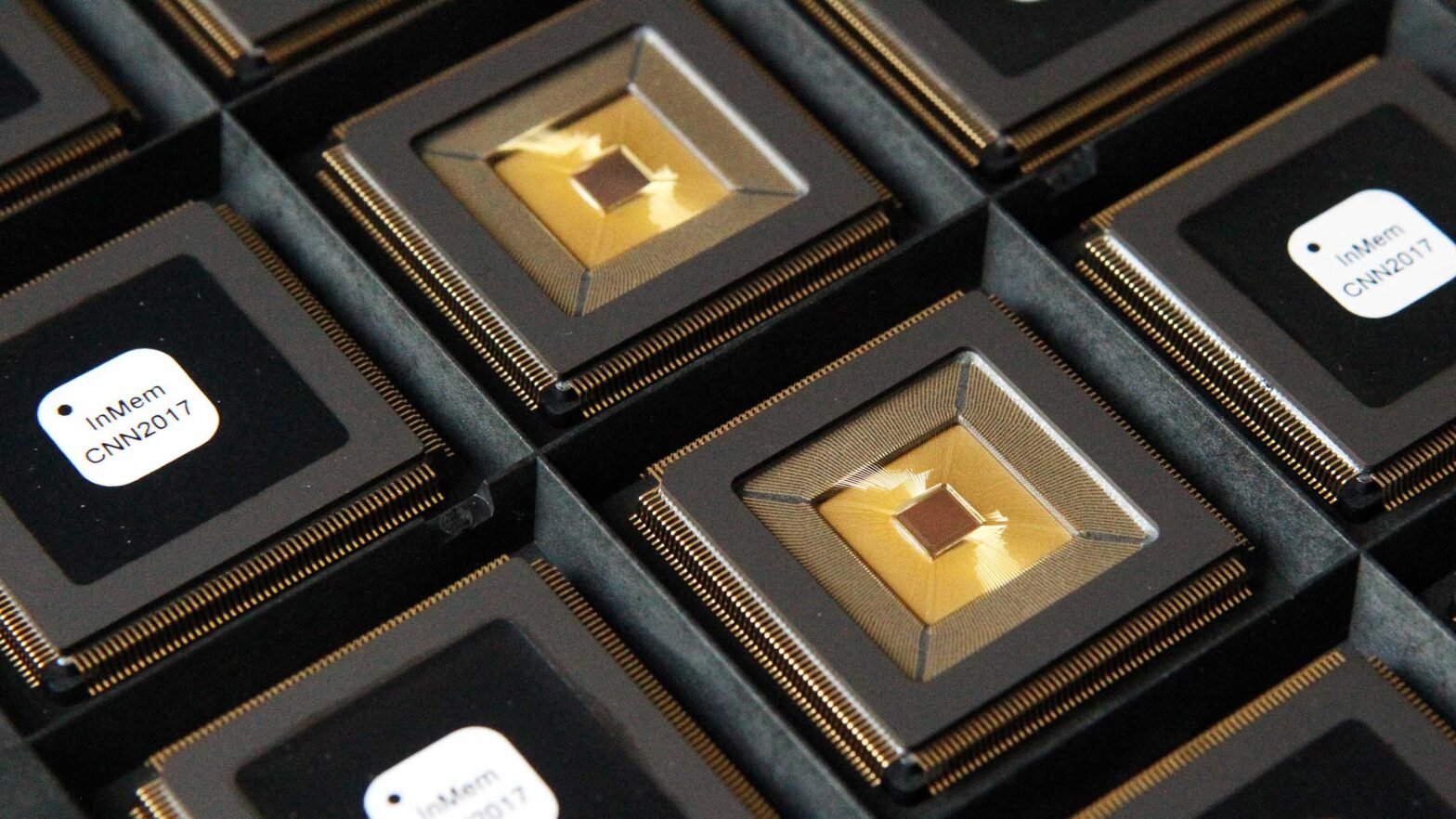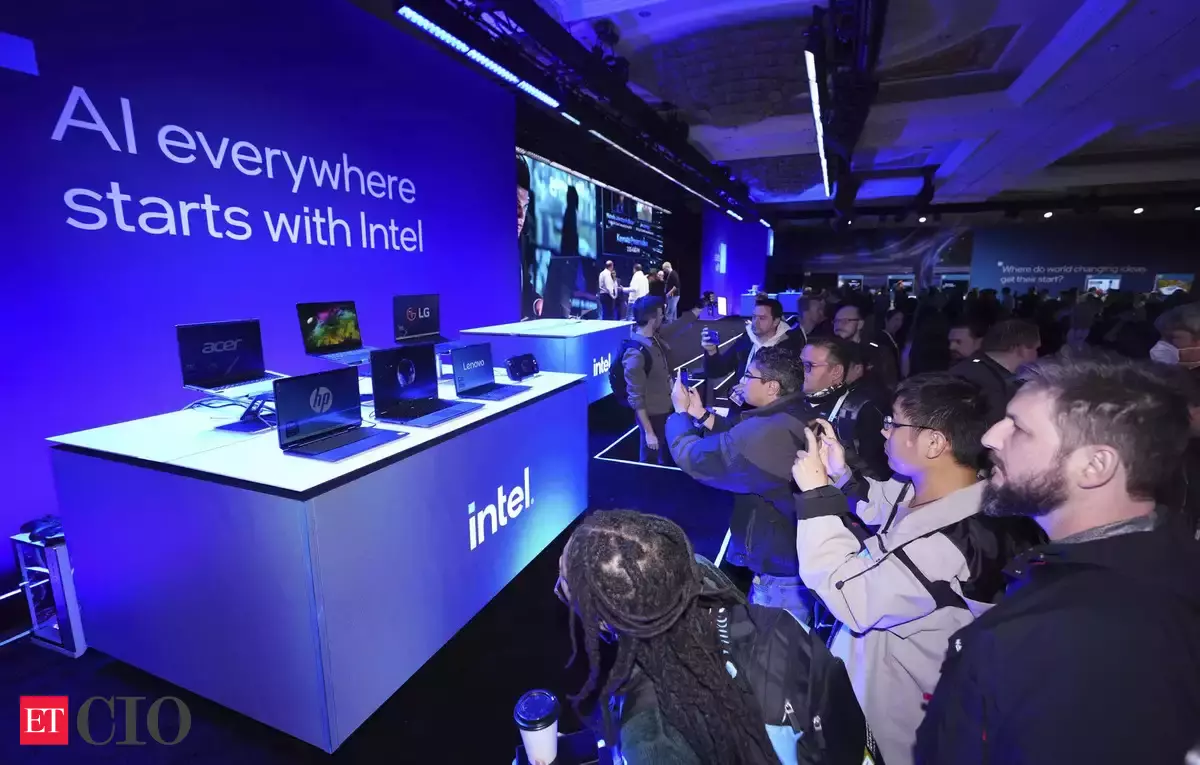In an era where artificial intelligence (AI) increasingly influences various aspects of daily life, Princeton University’s groundbreaking development in AI chip technology stands as a beacon of innovation. This new technology, spearheaded by the startup EnCharge AI, born from Princeton’s labs, promises to redefine computing efficiency, performance, and capability for AI applications.
Key Highlights:
- Performance and Efficiency: The technology focuses on in-memory computing, integrating data storage and computation within the same chip, significantly enhancing speed and reducing energy consumption.
- AI Applications: Designed to meet the burgeoning computational demands of AI technologies, this chip is a game-changer for fields requiring extensive data processing.
- Commercial Prospects: With $21.7 million raised in its initial funding round, EnCharge AI aims to commercialize its technology, initially targeting applications in factories, warehouses, and retail spaces.

A New Paradigm in Chip Design
The fundamental innovation lies in the chip’s in-memory computing capability, a technique that enables data storage and computation to occur in the same place. This approach not only slashes the energy and time involved in AI computations but also promises a reduction in overall costs. Given the exponential growth in data volume and the computational demands of advanced AI algorithms, the traditional cloud-based data processing model is increasingly inadequate. EnCharge AI’s chip technology allows for local, device-level AI operations, circumventing the need for data exchange with cloud servers and thus offering a solution to the bandwidth and efficiency challenges that currently hamper AI’s potential.
Applications and Impact
The potential applications of this technology are vast, ranging from automation in large-scale warehouses and retail operations to security and delivery drones. By facilitating more efficient and local data processing, the technology promises to improve performance and reduce costs across a variety of sectors. Furthermore, the chip’s programmable nature and compatibility with different AI algorithms make it a versatile tool for innovation.
Funding and Future Directions
EnCharge AI’s successful fundraising of $21.7 million underscores the commercial viability and investor confidence in this technology. The funding will support the startup’s efforts to bring its products to market, starting with server rack cards for AI applications. This venture not only represents a significant stride in computing technology but also highlights the role of universities and research institutions in driving forward technological innovation.
Innovation Born from Deep Research
The development of this AI chip technology was initially supported by funding from the U.S. Department of Defense’s Defense Advanced Research Projects Agency (DARPA), emphasizing the strategic importance of advanced computing capabilities. The involvement of such a high-profile agency underlines the technology’s potential impact not just commercially, but also in terms of national security and technological leadership.
Princeton University’s development of a groundbreaking AI chip technology, through EnCharge AI, marks a pivotal moment in the computing industry. This innovation, emphasizing in-memory computing to address the computational demands of advanced AI applications, could significantly alter how data is processed and utilized across various sectors. With its potential for high efficiency, reduced costs, and versatile applications, this technology stands as a testament to the power of academic research in shaping the future of technology. As it moves towards commercialization, the journey of this AI chip technology from a research lab to market shelves will be closely watched, offering valuable lessons for future innovations in computing and AI.
















